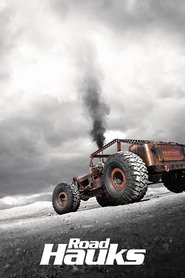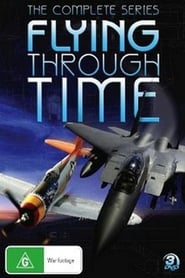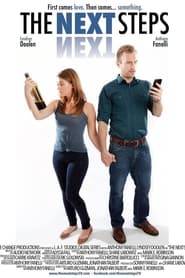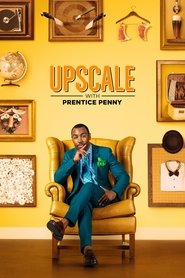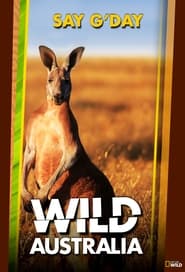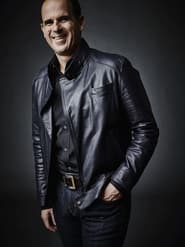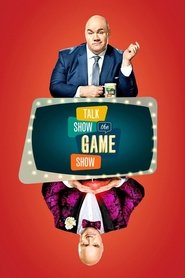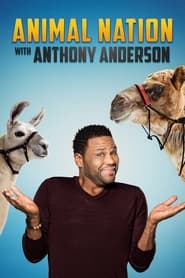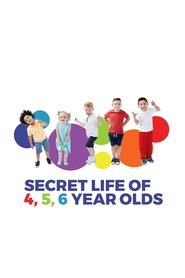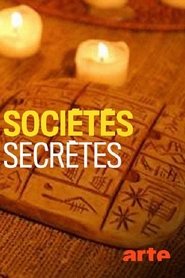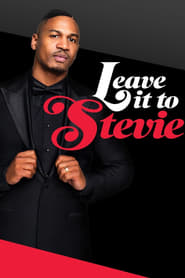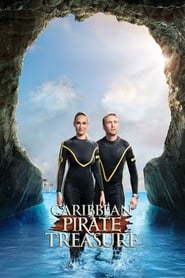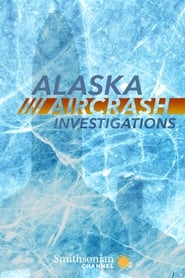Top Rated TV Series on Amazon Video - Page 475
-
Road Hauks
2017
Road Hauks
2017
star 3Kenny Hauk, lead designer of Hauk Designs, works with his crew of expert mechanics and fabricators to build ultra-powerful, one-of-a-kind vehicles that look amazing and can go anyw -
Flying Through Time
2004
Flying Through Time
2004
star 6Discover the excitement of flying as we reveal the most remarkable aircraft ever built and the aeronautical advancements that shaped flying history in Flying Through Time. Audiences will marvel at historic airships, be wowed by war planes and delight at luxury jetliners. -
The Next Steps
2013
The Next Steps
2013
star 6First comes love. Then comes...something. "The Next Steps" follows the relationship of the unmarried couple of Chris and Beth as they face the ups and downs of a long term relationship, stuck in a rut. -
Dr. Miami
2017
Dr. Miami
2017
star 2Dr. Miami, social media superstar & celebrity plastic surgeon, posts wild surgeries with the help of his crazy staff, morphing patients into Beauty Warriors, because plastic makes perfect! It’s a wild ride of demanding patients wanting hot bodies & insta-fame when their surgeries go viral, his staff fighting for a chance at free surgery, and Dr. Miami’s outrageous antics & over-the-top transformations! -
The Comedy Jam
2017
The Comedy Jam
2017
star 1Comedians take the stage to tell a funny story about a song that means something to them, then live out their rock star fantasies by performing the song with a live band, making for a night of entertainment that'll have you dancing as hard as you're laughing. -
Upscale with Prentice Penny
2017
star 10Prentice Penny offers advice on a wide range of topics to help viewers attain a more upscale lifestyle. -
Australien
2014
Australien
2014
star 2Explore how Australia's geographic isolation has resulted in the creation of some of the planets strangest and most unique creatures. -
Flowering Heart
2016
Flowering Heart
2016
star 7An ordinary student forms an advice club with her friends to help others. Then she gains special powers after a mysterious encounter. -
The Partner
2017
The Partner
2017
star 10Marcus Lemonis, serial entrepreneur and host of CNBC’s The Profit, has invested nearly $50 million dollars in different companies over the course of three seasons. And now, he’s looking for the perfect partner to help him run it all. -
Nightmare Tenants, Slum Landlords
2015
star 7What happens when conflicts between landlords and tenants get out of control? This series delves into the dark side of the UK's housing crisis. It follows independent eviction specialists working on behalf of landlords attempting to evict tenants who are behind with their rent, and local authority housing officers investigating rogue landlords and unsafe living conditions, including illegal HMOs (House in Multiple Occupation). -
Talk Show the Game Show
2017
star 10A hilarious mashup of two beloved television formats that pits comedians and celebrities against each other for the title of “Best Guest of the Night.” Celebrity guests become contestants as they compete in various talk show-inspired challenges and are judged by a comedic panel who awards points and roasts their performances. -
Animal Nation With Anthony Anderson
2017
star 7A celebration of animals and the people who love them featuring viral videos, celebrity interviews, discussions of animal behavior, and comedian correspondents report from the field. -
The Secret Life of 4, 5 and 6 Year Olds
2015
star 3How do young children make and break friendships and learn to share, stand up for themselves, and find their place in a new social group? -
Secret Societies - Myths and Realities of a Parallel World
2013
star 7Secret societies play a far larger role in our everyday lives than we are aware of. Historian Dr Marian Füssel searches for clues surrounding history’s most famous secret societies and conspiracy theories. -
Throwing Shade
2017
Throwing Shade
2017
star 4Erin Gibson and Bryan Safi talk about everything from politics to the latest pop culture nonsense. -
Leave It to Stevie
2016
Leave It to Stevie
2016
star 6Stevie ends his relationship of 5 years & proceeds to get his groove back as a creepy playa... Despite his kids attempts at being the logical influence. -
Caribbean Pirate Treasure
2017
star 9Follow Philippe and Ashlan Cousteau as they explore the Caribbean by boat, investigating legends of lost treasure and pirates' plunder. Their adventures take them to some of the most beautiful destinations in the world. -
Alaska Aircrash Investigations
2016
star 4Ride along with the NTSB and its inter-agency partners as they work together towards determining the probable cause of aircraft accidents. These NTSB investigations provide a window into the integral role of air travel in Alaskan life, while raising awareness that might prevent future accidents. -
Mission Selfie
2016
Mission Selfie
2016
star 9YouTube stars Ben Brown and Steve Booker undertake a series of photo challenges across the world. -
So Cosmo
2017
 Netflix
Netflix
 Amazon Prime Video
Amazon Prime Video
 Apple iTunes
Apple iTunes
 Apple TV Plus
Apple TV Plus
 Disney Plus
Disney Plus
 Google Play Movies
Google Play Movies
 Paramount Plus
Paramount Plus
 Hulu
Hulu
 HBO Max
HBO Max
 YouTube
YouTube
 fuboTV
fuboTV
 Peacock
Peacock
 Peacock Premium
Peacock Premium
 Amazon Video
Amazon Video
 The Roku Channel
The Roku Channel
 AMC+
AMC+
 Kocowa
Kocowa
 Hoopla
Hoopla
 The CW
The CW
 Vudu
Vudu
 Starz
Starz
 Showtime
Showtime
 PBS
PBS
 Pantaflix
Pantaflix
 FXNow
FXNow
 Tubi TV
Tubi TV
 Kanopy
Kanopy
 Comedy Central
Comedy Central
 Crunchyroll
Crunchyroll
 Microsoft Store
Microsoft Store
 Redbox
Redbox
 Sun Nxt
Sun Nxt
 ABC
ABC
 DIRECTV
DIRECTV
 Crackle
Crackle
 Fandor
Fandor
 Plex
Plex
